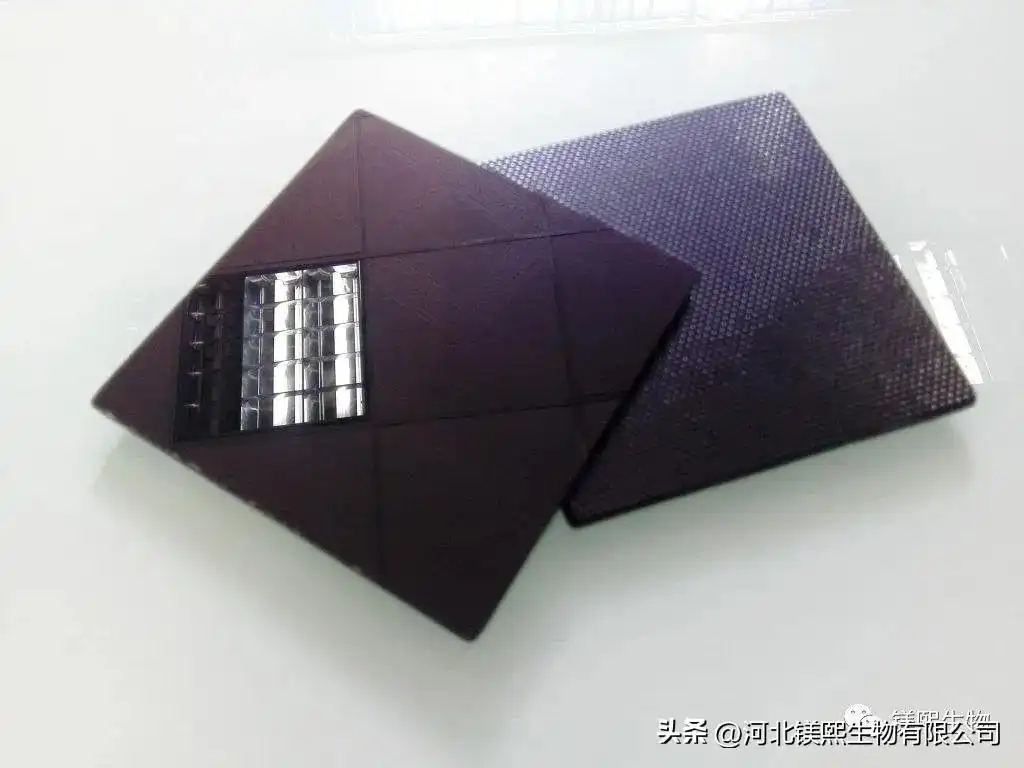Glass-ceramic is used in home appliance glass, induction cooker boards, and glass-ceramic casserole. Hebei Messi Biology Co., Ltd. said that adding magnesium oxide to glass-ceramic can adjust the crystallization temperature of the glass. At low temperature, it can slow down the decrease of glass viscosity, and at high temperature, it can accelerate the increase of viscosity.
If the iron and chloride in magnesium oxide exceed the standard, it will affect the color of the glass. In the case of high temperature, magnesium will increase the viscosity and calcium will reduce the viscosity.

The effect of magnesium oxide on viscosity is similar to the effect on melting temperature. Under low temperature conditions, the introduction of magnesium oxide can increase the viscosity of glaze and glass-ceramics; under high temperature conditions, the introduction of magnesium oxide will reduce the viscosity of glaze and glass-ceramics. However, the viscosity-reducing effect of magnesia will slow down with the increase of the added amount, and the viscosity will increase if it exceeds a certain amount.
Magnesia, like calcium oxide, has a two-fold effect on melting temperature. On the one hand, magnesium oxide can increase the initial melting temperature of glaze and glass-ceramics. On the other hand, magnesium oxide can significantly reduce the melting temperature under high temperature conditions. However, this effect of lowering the melting temperature will gradually tend to weaken with the increase of the amount of magnesium oxide added. At the same time, if you continue to increase the amount added until it exceeds a certain value, it will gradually increase its melting temperature.
Replacing them with magnesium oxide reduces the coefficient of thermal expansion compared to barium oxide and calcium oxide, but the reduction is relatively small.
Substituting magnesium oxide instead increases the coefficient of thermal expansion of glazes and glass-ceramics compared to zinc oxide. Therefore, if it is necessary to reduce the coefficient of thermal expansion of glazes and glass-ceramics, raw materials mainly containing silicon dioxide and boron oxide should be selected first.
Magnesium oxide can greatly increase the surface tension of glazes and glass-ceramics. In this respect, no other element can compete with magnesium oxide. It must be kept in mind that magnesium oxide can significantly increase the surface tension of glazes and glass-ceramics, which will become an important idea for knowing and researching formulas.
